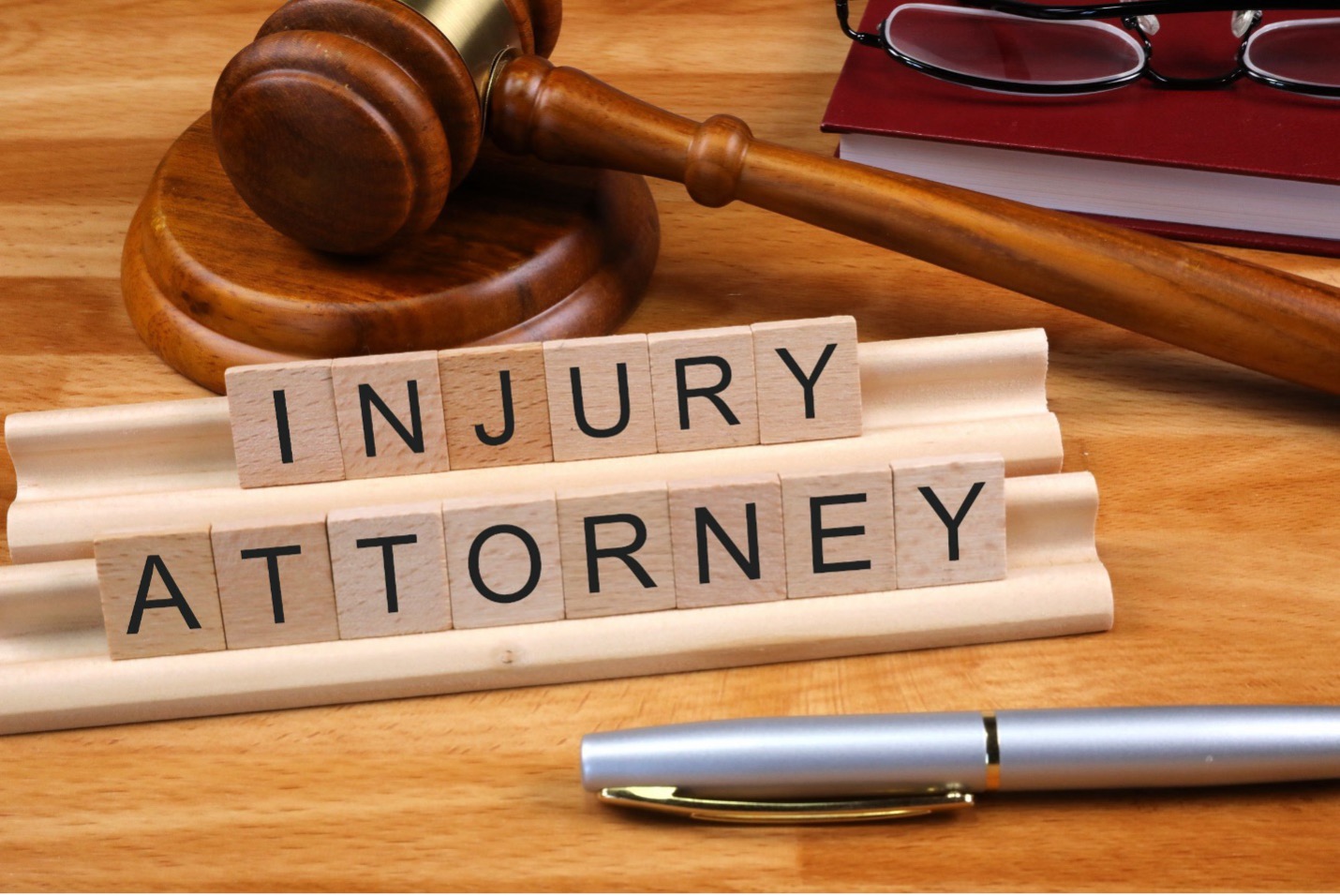Now Reading: When a Workplace Injury Becomes a Disability: Your Legal Options
-
01
When a Workplace Injury Becomes a Disability: Your Legal Options

When a Workplace Injury Becomes a Disability: Your Legal Options
In today’s workplaces, the risk of injury is an unfortunate reality for many employees. Whether you work in construction, manufacturing, or an office setting, accidents can happen unexpectedly. These incidents range from minor mishaps to severe accidents that result in life-altering disabilities. When such injuries occur, understanding the legal implications and your rights becomes crucial for navigating the complex aftermath.
Work-related disabilities can arise from various types of incidents. For instance, a construction worker might suffer a fall from scaffolding, leading to spinal cord damage. In contrast, an office worker might develop carpal tunnel syndrome from repetitive typing tasks. These injuries not only impact physical health but also affect an individual’s ability to earn a living and maintain their quality of life. Consequently, knowing how to approach legal avenues with the help of workers compensation lawyer Seattle becomes essential in securing necessary support and compensation.
Understanding Workplace Injuries
Workplace injuries typically fall into two main categories: traumatic injuries and occupational illnesses. Traumatic injuries result from sudden accidents, such as falls, machinery accidents, or being struck by objects. On the other hand, occupational illnesses develop gradually due to exposure to hazards like toxic chemicals, loud noises, or ergonomic strains. These illnesses can include respiratory diseases, hearing loss, or musculoskeletal disorders like tendonitis, and in many of these situations, work injury attorneys often help employees understand their rights and the compensation process, especially when the cause of injury or illness is linked to unsafe working conditions.
Immediate Steps After an Injury
Promptly reporting a workplace injury is crucial for several reasons. Firstly, it ensures that the incident is documented accurately, which is vital for initiating any potential legal claims or workers’ compensation processes. Secondly, timely reporting helps employers take immediate steps to prevent similar incidents in the future, thus promoting workplace safety.
Following a workplace injury, seeking prompt medical attention is paramount. Even seemingly minor injuries could develop complications if left untreated. It’s important to differentiate between first aid, which can be administered on-site, and comprehensive medical care provided by healthcare professionals. Choosing the right healthcare provider with experience in treating work-related injuries ensures proper diagnosis and treatment, which is essential for both recovery and legal documentation purposes.
Workers’ Compensation Basics
Workers’ compensation is a form of insurance that provides benefits to employees who suffer work-related injuries or illnesses. Eligibility typically extends to all employees, regardless of fault, as long as the injury occurred within the scope of employment. While coverage criteria may vary by jurisdiction, most states require employers to carry workers’ compensation insurance to protect their employees and ensure they receive necessary medical treatment and wage replacement benefits. Navigating the workers’ compensation system can be complex, and consulting with a workers compensation lawyer may be beneficial for employees seeking to understand their rights and maximize their benefits.
Initiating a workers’ compensation claim involves several steps. Firstly, the injured employee must notify their employer of the injury within a specified timeframe, which varies by state. This notification triggers an investigation into the incident and initiates the claims process. Throughout this process, documenting the injury, medical treatments received, and any impact on the ability to work is crucial for substantiating the claim and ensuring fair compensation.
When a Disability Arises
Work-related injuries can lead to temporary or permanent disabilities that affect an individual’s ability to work. Temporary disabilities may prevent an employee from performing their job temporarily, while permanent disabilities result in long-term or permanent impairments. Disability benefits provided through workers’ compensation are designed to compensate for lost wages and provide financial support during the recovery period or for the long term, depending on the severity of the disability.
Returning to work after a work-related injury often requires accommodations or modifications to the workplace or job duties. These accommodations aim to facilitate the employee’s transition back to work and ensure they can perform essential job functions safely and effectively. Vocational rehabilitation services may also be available to assist injured employees in developing new skills or transitioning to alternative roles if returning to their previous job is not feasible due to their injury.
Legal Recourse Beyond Workers’ Compensation
In some cases, a workplace injury may be caused by a third party, such as a subcontractor, equipment manufacturer, or property owner. In such instances, the injured employee may have grounds to pursue a third-party liability claim in addition to filing a workers’ compensation claim. Third-party claims allow injured workers to seek additional compensation for damages not covered by workers’ compensation, such as pain and suffering or punitive damages, if negligence or wrongful conduct contributed to their injury.
Social Security Disability Insurance (SSDI) provides benefits to individuals who are unable to work due to a disability, including work-related disabilities. Unlike workers’ compensation, SSDI benefits are not limited to work-related injuries and may be available to individuals who meet specific medical and work history requirements set by the Social Security Administration (SSA). Qualifying for SSDI benefits involves proving the severity of the disability and demonstrating that it meets SSA’s criteria for disability determination.
Role of a Work Injuries Attorney
Navigating the complexities of workers’ compensation claims, third-party liability claims, or SSDI applications can be challenging without legal expertise. A work injuries attorney specializing in personal injury and workers’ compensation law can provide invaluable assistance. They can evaluate the circumstances surrounding your injury, advise you on your legal rights and options, negotiate with insurance companies or third parties on your behalf, and represent you in legal proceedings if necessary.
For instance, a construction accident attorney Seattle specializes in handling cases involving construction-related injuries and understands the unique challenges and regulations within the construction industry. They can investigate the cause of the accident, identify liable parties, and pursue maximum compensation for their client’s injuries and losses. By focusing on such specialized legal expertise, injured workers can ensure they receive the advocacy and support needed to achieve a fair outcome.
Conclusion
In conclusion, the journey from a workplace injury to a disability can be daunting and complex. However, by understanding your legal rights and options early on, you can protect yourself and secure the necessary support and compensation. Whether through workers’ compensation benefits, pursuing third-party liability claims, or applying for SSDI, exploring all available avenues ensures you receive fair treatment and assistance during your recovery and beyond. Seeking guidance from a knowledgeable Seattle work injuries attorney can make a significant difference in navigating these challenges effectively and achieving a favorable outcome.










